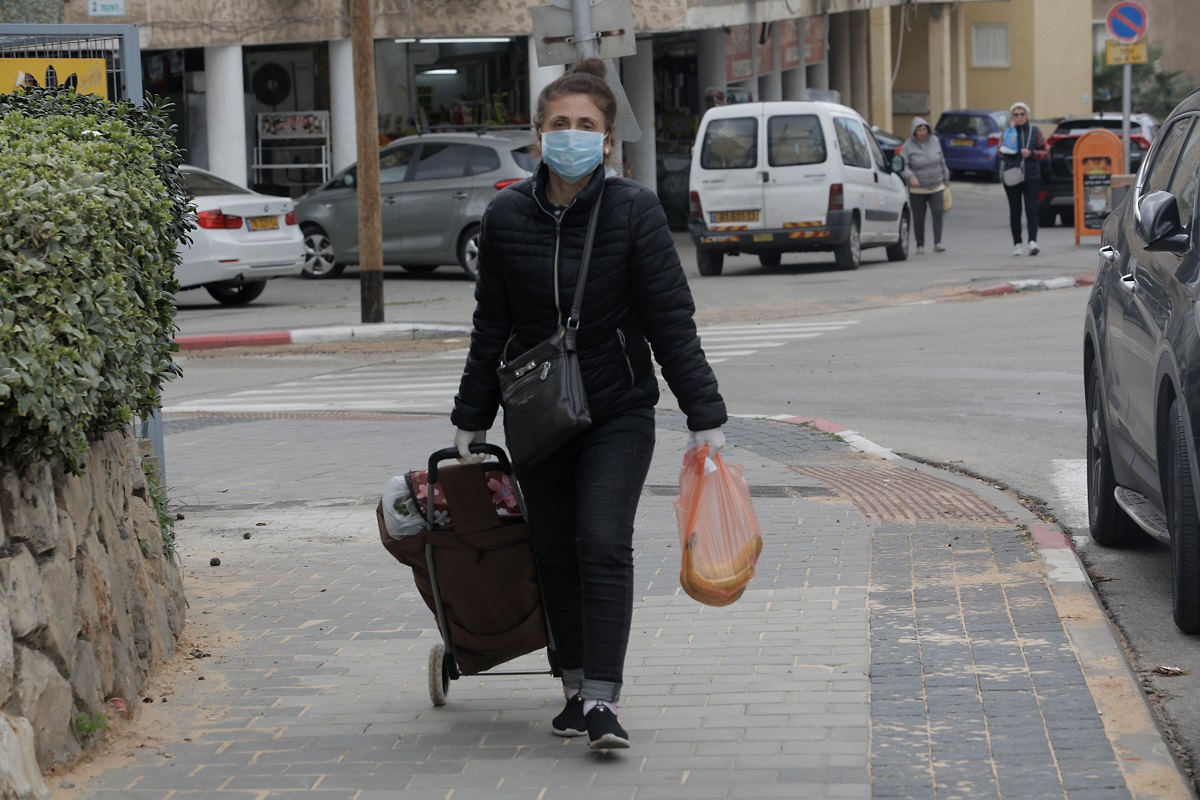Israel prepares to further ease lockdown measures almost two months after severe restrictions were imposed on the public and the economy as a result of the COVID-19 pandemic.
Details of the plan have emerged in recent days, as it appears that the country has been successful in curbing the spread of the virus, according to the reports.
Advertisement
Monday was the first day when less than 100 people were diagnosed with the virus.
Currently, the death toll in Israel from COVID-19 stands at 202 with under 15,500 diagnosed with the virus.
On Wednesday, Israelis will mark Independence Day which will see a temporary intensification in lockdown measures imposed in order to avoid mass gatherings.
On Friday, Israel approved the reopening of all street-level businesses to continue gradually lifting restrictions imposed to contain the spread of the coronavirus and strengthen the country’s economy after the worst phase of the pandemic.
Prime Minister Benjamin Netanyahu announced on Monday that school students until the third grade will return to school on Sunday, under varying restrictions.
The Health Ministry has been conducting geographical epidemiological testing and research regarding children’s susceptibility to COVID-19 and how much they spread the virus.
“We believe children suffer from a much more mild form of the disease but at the same time are potential spreaders,” said Salmon.
The final decision of whether young children will resume schooling will be made at the end of this week, pending updated infection rates.
For Israel, a country which has approximately 2 million school children, the re-start of the school system is a key factor in boosting the struggling economy.
According to the Bank of Israel, the cost of one week of school closure to the market is $750 million.
Cafes and restaurants, which until now could only do home deliveries, will be able to offer takeaway, although clients will not be allowed to sit at tables and eat in the establishments.
The Israeli government has taken steps to mitigate the blow, but for now many small businesses have suffered and unemployment rate has skyrocketed to almost 28 per cent, when before the outbreak it was at a record low of less than 4 per cent.
Domestic tourism is expected to resume next week, with small hotels being allowed to open.
On April 14, Netanyahu and his main rival Benny Gantz failed to meet a midnight deadline to form an emergency unity government, thus failing to end the ongoing political impasse.
For businesses to reopen they must be at street level and adhere to social distancing measures, such as separation barriers between employees and customers, two metres between people, strict hygiene regulations and a limit on the number of people allowed in an establishment.
The measures were part of Israel’s plans to gradually recover its economic activity, which has been hugely affected by the pandemic as the country has more than a million unemployed and the economic damage has hit all sectors.
During the lockdown, Home Front Command and the Defense Ministry will be responsible for providing residents with a daily supply of food and basic necessities, local services and any other required assistance.
According to the earlier data, in the West Bank, 480 cases have been diagnosed so far. Two have died. In Gaza, 17 cases have been diagnosed, eight of which have recovered.











